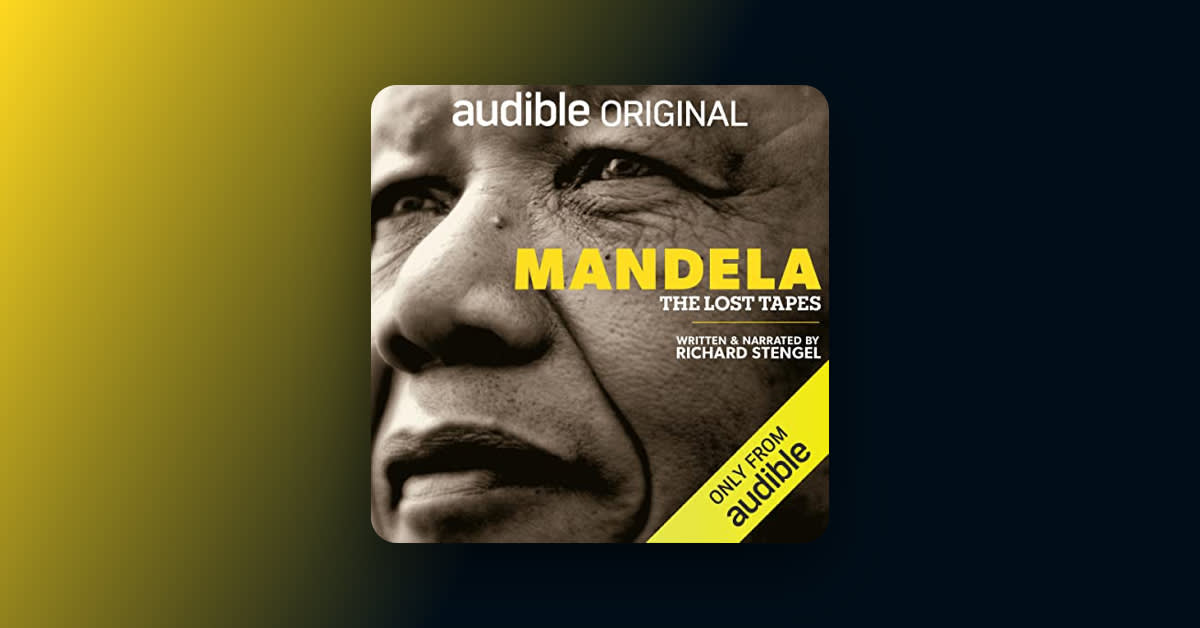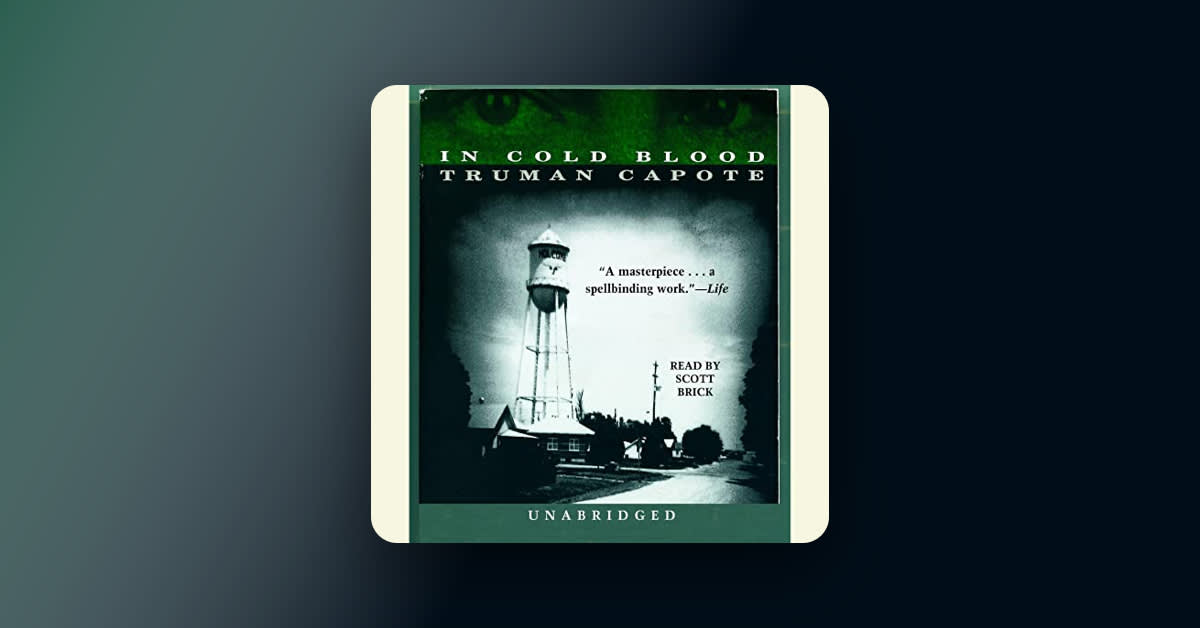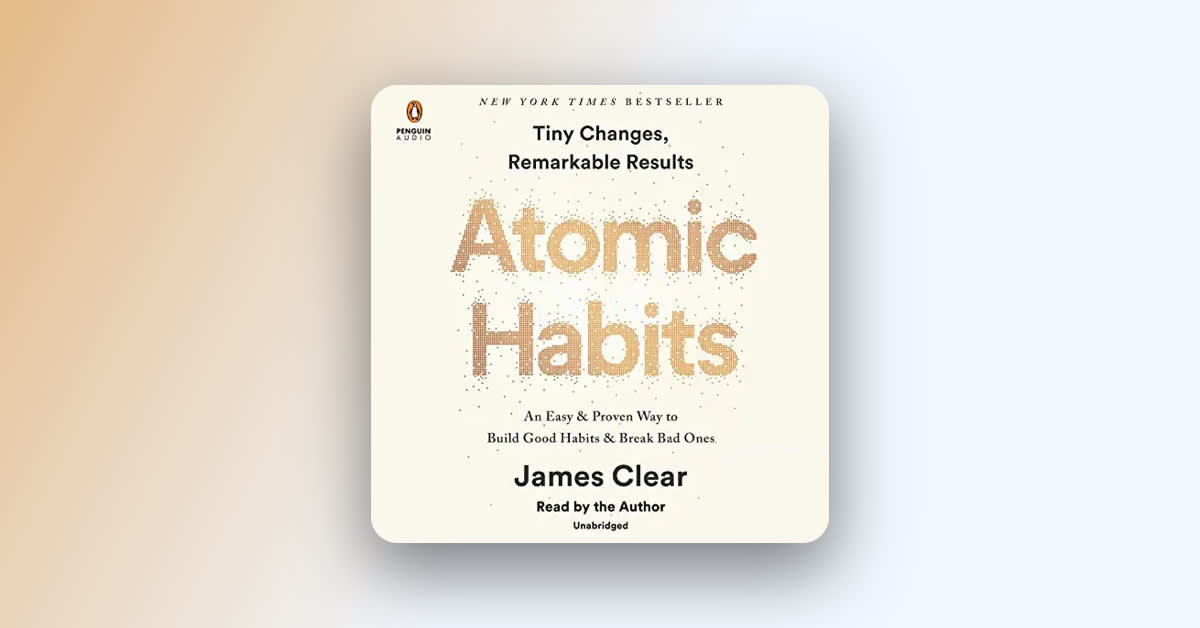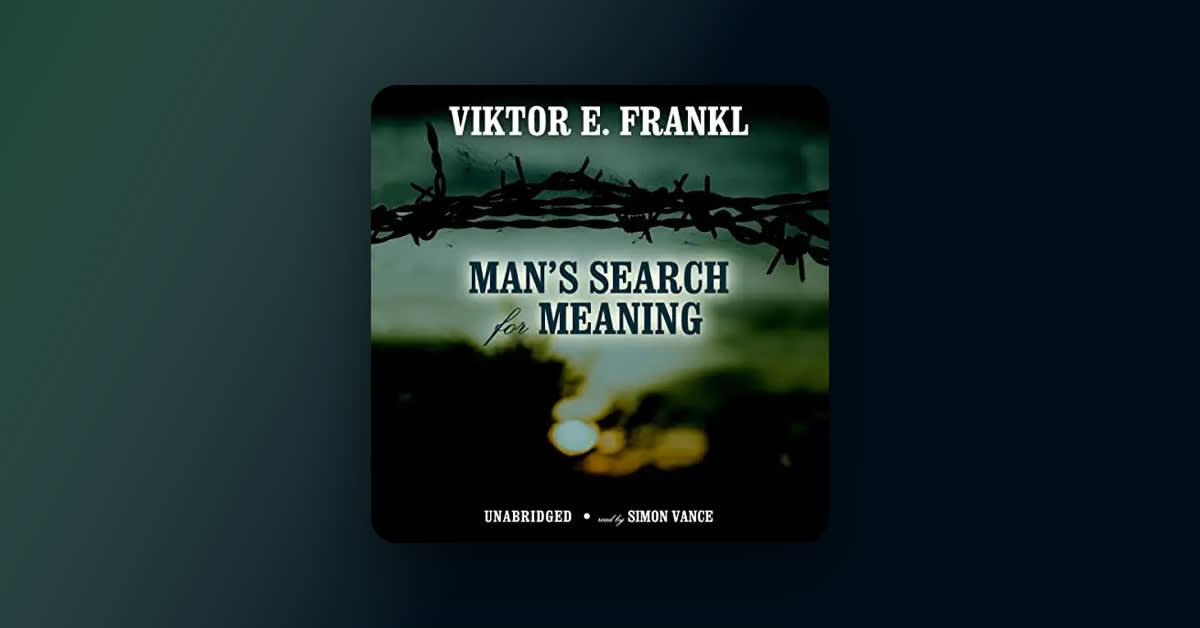Why it’s essential
Richard Stengel’s interviews take us beyond Nelson Mandela’s carefully curated public image. We learn what really made Mandela who he is.
Featured in The Audible Essentials Top 100.
What is Mandela: The Lost Tapes about?
The tapes contain never-before-heard conversations between Nelson Mandela and Richard Stengel. In Mandela’s words, we learn about his beginnings as a young lawyer and his determination to free his people from apartheid’s oppression. We get an inside peek on how he lived on Robben’s Island, where not only did he survive—he thrived. As we listen, we hear a very special, endearing friendship develop between the two men. Stengel’s narration lends great poignancy to the podcast.
Editor’s review
Yvonne Durant enjoys reading about writers, because she loves writing, and she’s nosy. She also loves a good mystery or thriller, "They keep my on my toes and wake up my inner Nancy Drew." She edits the Audible mysteries and thrillers newsletter Crime & Astonishment. Sign up here to receive it.
I was living in Milan when Mandela took his first steps to freedom. Pronounced with an Italian accent, his name came out as "Man-day-la." It warmed my heart every time a friend asked, “Hai sentito? Man-day-la è, libero.” (Have you heard? Mandela is free.) Not that I thought Italians didn’t care, Mandela’s plight just wasn’t a typical topic of conversation. One friend, a South African woman who had been living in Italy for years, worried that he would be assassinated within days of his release. I am so happy that never happened.
Nearly 30 years before, he saved himself in a split-second decision. He was cornered by police, he had a gun in his hand—there was no way he would get out of this alive. He chose to live believing that he would get a lawyer and be exonerated. Mandela believed that the legal system would understand that he was a good man with honorable intentions as he raised his voice against the oppressive government of apartheid. Instead, there would be no lawyers, just 27 years of prison on Robben Island. That the bed Mandela had to sleep in was too short for his six-foot frame was nothing compared with the daily hardships of prison. But he prevailed. He found a way to get his 500-page autobiography decreased to 50 pages and spirited it out of prison. He even became friends with some of his jailers who were poor South Afrikaans and had their struggles too. This was a cunning move on his part in that he became a symbol of hope for those whites not born into privilege who felt oppressed. He knew he would need their support on his road to the leadership of South Africa.
As I listened, I envied the relationship that developed between Richard Stengel and Mandela. Stengel earned his trust, and it was clear that Mandela was very fond of him, almost fatherly. In fact, Stengel took his advice when he urged him to marry Mary Pfaff, the South African photographer he met while working on the book. Both of the Stengels' sons carry Mandela’s names. Their older son’s middle name is Rolihlahla, which is Mandela’s birth name, and the younger son’s middle name is Madiba, the name of Mandela’s clan. Both boys met Mandela—talk about a memorable experience!
The main lesson I learned from listening to Mandela: The Lost Tapes is the importance of perseverance. It is key because brighter days will come. No day was as bright for me during my years in Italy when I saw Nelson Mandela walking, tall and distinguished, to freedom at last.
Did you know?
Once, Stengel was on a prop plane with Mandela and the propeller had stopped. Mandela said calmly, "Richard, you might want to inform the pilot that propeller isn’t working." Only after the plane landed safely, Mandela said to Stengel, "Man, I was scared up there."
Nelson Mandela appeared in Spike Lee’s Malcolm X; he played a teacher reciting one of his speeches to a classroom in Soweto.
Mandela loved tripe.
What Listeners Said
"I’m not a huge fan of listening to stories, I’m a lover of reading a good book. However, listening to this wonderfully curated audible about Nelson Mandela definitely gave me more insight on his life and the TYPE of person he was. Mr. Stengel did a beautiful job with the placement of voice recordings from Mr. Mandela and including his personal input of how he viewed Mandela’s actions and relationships. This has definitely made me appreciate Nelson Mandela’s mind and character so much more." ―Aging guru, Audible listener
"Listened to it several times and let the meaning wash over me and engage me in internal dialog. Mandela's wisdom is as true today as it was then. Thank you, Rick Stengal, for this gift." ―Tish, Audible listener
"Excellent in every sense. The detail is so vivid that you feel as if you are actually experiencing it in real time. My admiration of Mandela is 10 fold after this experience. Mr. Stengel you should trust that Mr. Mandela would be proud." ―Audible listener
Quotes from Nelson Mandela
"'Unseen wounds are very painful, even more painful than the wounds you can see.' It was clear to me that he was talking about himself too." ―Richard Stengel, Mandela's Way: Lessons for an Uncertain Age
"A Nation should not be judged by how it treats its highest citizens, but it's lowest ones." ―Nelson Mandela, Long Walk to Freedom
"Never forget that a saint is a sinner who keeps on trying." ―Nelson Mandela, Conversations with Myself
About Richard Stengel
Richard Stengel is the former Under Secretary of State for Public Diplomacy and Public Affairs in the Obama administration. Prior to serving in government, Stengel was the editor of TIME for seven years. In the 1990s, he collaborated with Nelson Mandela on his bestselling autobiography, Long Walk to Freedom. Stengel’s most recent book is Information Wars: How We Lost the Global Battle Against Disinformation. He is also a political analyst for MSNBC.







